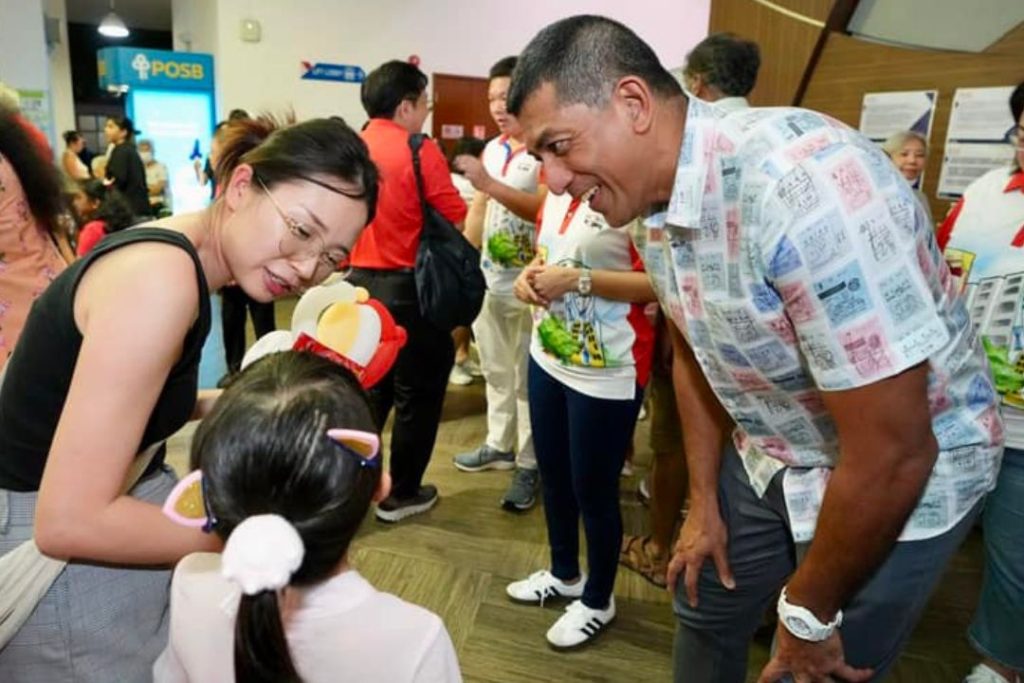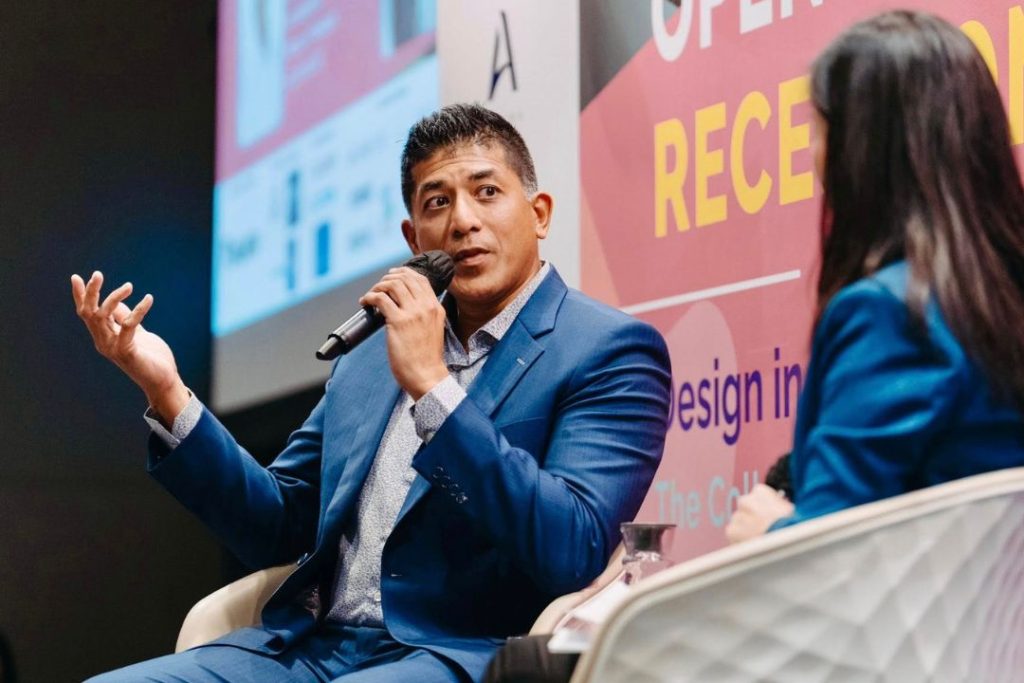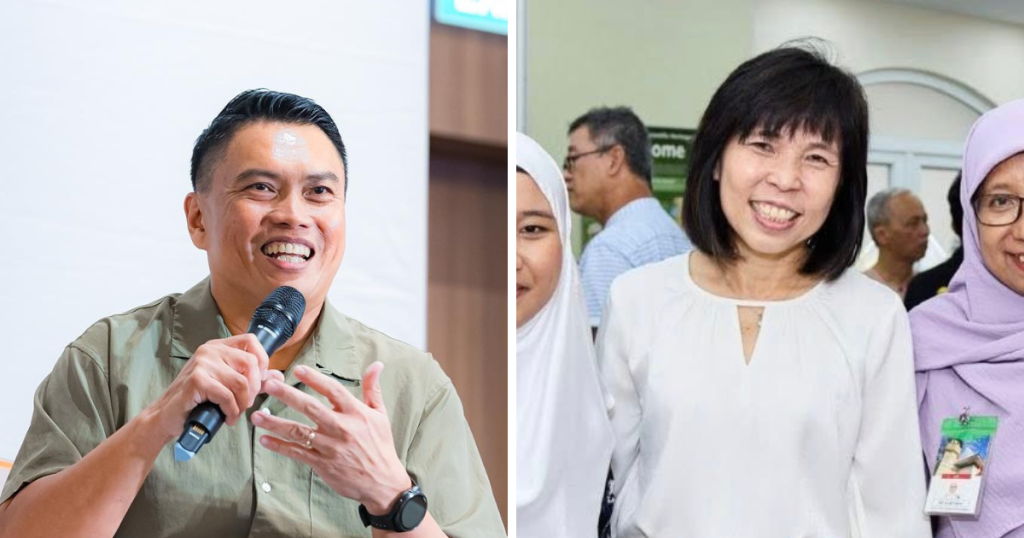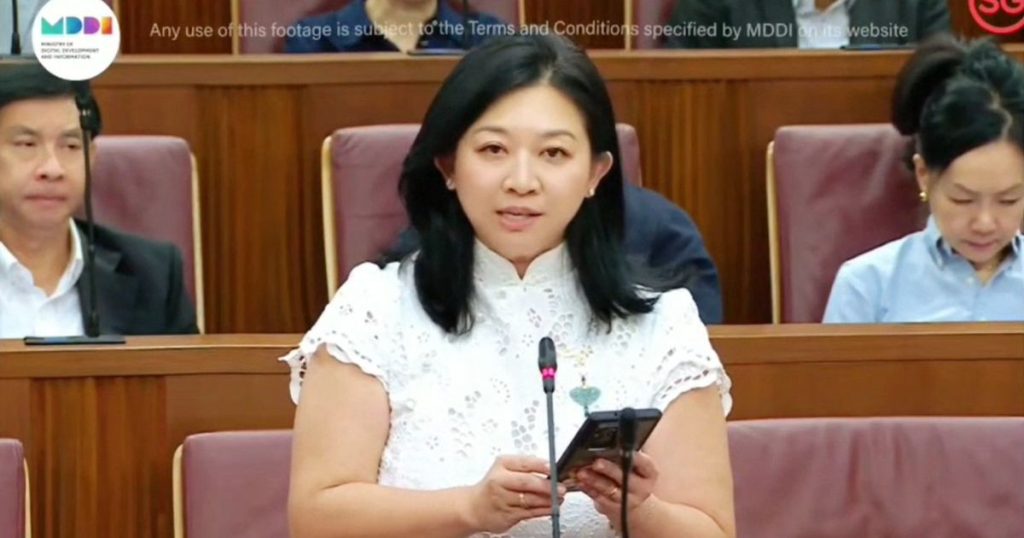Incorporating Artificial Intelligence (AI) and technology into learning and teaching will be a key priority for the Government Parliamentary Committee (GPC) for Education, according to Chairperson Darryl David, Member of Parliament for Ang Mo Kio GRC.
In an interview with Petir, Mr David outlined three priorities for the GPC’s new parliamentary term.
The first priority focuses on AI and technology integration. Recent cases where university students faced criticism and taken to task for using AI in their work have highlighted the need for clear guidelines on AI usage and assessment methods. Mr David emphasised that when students are evaluated based on their conceptual understanding and original thinking, they should not use AI for help.
“Should we penalise students who use AI to develop concepts in terms of the writing? Educators need to decide whether to adapt assessment methods to allow students to incorporate AI while giving them credit for their original thinking,” he said.
Solving the issue of unequal access to technology is another arena that Mr David is interested in tackling.
“Some parents may not necessarily provide their children with dedicated laptops or tablets, either because they don’t have the financial resources to do so, or they don’t see the need for young children to have their own devices,” he explained.
The GPC’s second priority is for the government to address students’ emotional and mental wellbeing, particularly in primary and secondary schools, Mr David said.
“Our schools do a pretty good job in terms of the academic development of a child, but it’s important to also consider their emotional and mental wellbeing as well.”
Mr David suggested increasing support through additional therapists and counsellors. He proposed that each student receive 10 hours of contact time with a mental wellness professional per semester or year.
“These 10 hours could be used for a variety of purposes. Even if you don’t feel you need conventional counselling, you can engage with someone other than your teachers or parents—someone who can listen to you discuss yourself, feelings, and personal matters.”
The third priority, he noted, focuses on creating educational pathways for Singaporeans throughout life, not just in formal education.
“We must see how we can continue to enhance these education pathways for adults after they leave school or universities during their working life. How do we reskill, retrain and provide continuing education for these adult learners?” he said.
Mr David explained that people typically pursue continuing education for two main reasons: personal growth without direct professional relevance, or acquiring new skills and capabilities to transition into different career pathways.
“Those [are] a lot more critical in terms of making sure what are the tangible outcomes of those courses? What would the employability [prospects], growth and [career] progression be like for those courses?” he asked. “While MOE oversees this area, there must be close collaboration with other partners like MOM and private sector organisations to see what kind of professional development or continuing education courses would lead to tangible outcomes in terms of the kind of jobs that people can do when they finish taking these courses.”
Darryl David on a fundamental question: ‘What is the true purpose of our education?’

When discussing education challenges in Singapore, Mr David, an educator with nearly 25 years of experience across public and private sectors, reflected on the fundamental question: “What is the true purpose of education?”
“I don’t think we’ve ever seen a time in history where we’ve had so much information,” said Mr David.
He contrasted that with the difficulties many young students face in terms of maturing, “because of the way they’ve grown up in a digital world and minimising so much of the other experience in the real world.”
His vision for Singapore’s education system is to nurture holistic, well-rounded individuals who can effectively apply their knowledge and continue to grow beyond their academic years.
Mr David emphasised that properly training educators of the future is essential for developing graduates of tomorrow.
“How we train our teachers, what kind of skillsets we equip our teachers with, flows down into what kind of education we roll out to our students,” he explained. “Teachers become facilitators, guides and mentors, moving beyond conventional teaching roles, especially since information is now available anywhere.”
He added: “Because [if] you don’t get the educator right, you won’t get the graduate right. So, we must ask ourselves, what is the future graduate we want? What kind of skillsets do we want from them? Then we ask ourselves, what is the educator of the future going to be like? How do we develop educators [capable] of producing such graduates?”
Darryl David: Education GPC will complement the good work of the ministry

Mr David said the GPC for Education is committed to maintaining its relevance and enhancing value in fulfilling its intended role.
“MOE is progressive,” he said. “[Our role is] about partnering with the ministry, giving alternate points of view. We hope to engage with our ministries, political office holders and civil servants a lot more to see how we can complement the good work that they do.”
He highlighted how GPC members, which includes both new MPs like Dr Charlene Chen and David Hoe, as well as veteran MP Denise Phua, bring years of professional experience in education.
“We hope the government will consider our views and opinions,” Mr David said. “I hope that we and the government can continue to engage professionals, experts, including those from the private sector and industry, to see how all of us can work together to raise education to the next level in Singapore.”
| Darryl David: Portfolios in Culture, Community and Youth, and Education complement each other As Chair of the Education GPC and member of the Culture, Community and Youth GPC, Mr David highlighted how these portfolios naturally complement each other, particularly in areas of culture, youth, sports, and education. “There’s synergy [between these areas]. I see a lot of congruence between my role in the Education GPC and the Culture, Community and Youth GPC,” he explained. “Teaching heritage and culture in school is important. All of us would agree that our youth, our students, must know about our culture, our heritage. You need to bring in MCCY. You must partner with them for that.” Mr David pointed to sports as a prime example of this interconnection, noting how it forms an integral part of Singapore’s education system, including the building of a dedicated sports school. He emphasised that MOE must work closely with Sports Singapore to ensure effective implementation of sports programmes in education. “This cross-ministry collaboration is essential, similar to how MOE covers education and CET (Continuing Education and Training). [It] partners with MOM and industry to ensure that whatever you’re doing in CET has a relevance in the real world.” |




